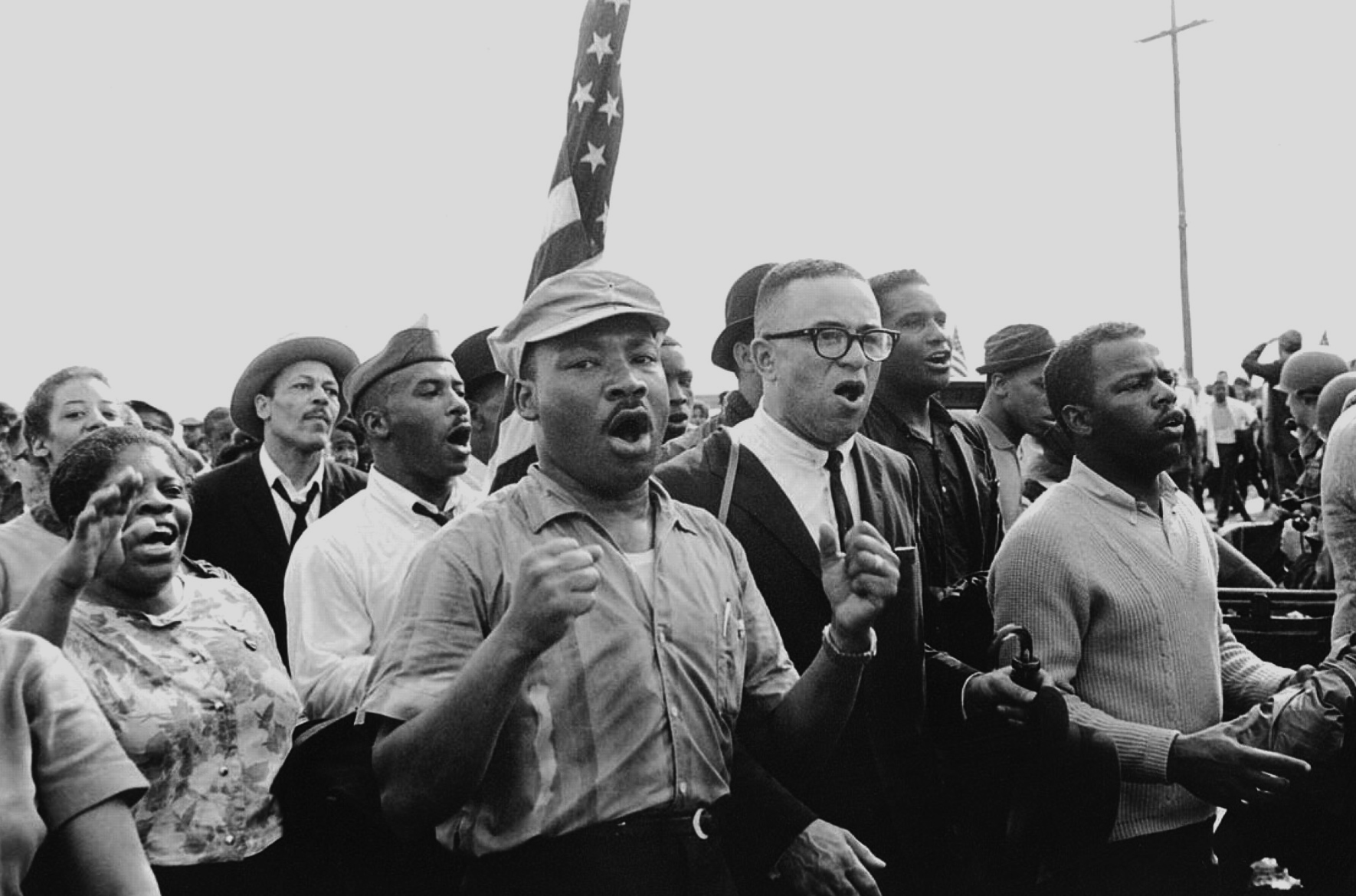Seeking some solace from the rancor of contested counts and a constipated candidate who can't seem to get off the can, I settled in the other night to reacquaint myself with Rodgers and Hammerstein's Carousel, the New York Philharmonic's 2013 staged concert production.
It had been years (decades?) since I'd spent time with romantic wallflower Julie Jordan (Kelli O'Hara) and her rough carousel barker beau Billy Bigelow (Nathan Gunn) [yes, the names, cutesy] and the lusty, musty denizens of a New England fishing village. Julie is poor and in love with burly Billy, who makes woo, loses his job, shacks up with Julie, who he knocks up and then knocks about, falls in with a bad-sort schemer, gets caught during a robbery, and kills himself to avoid prison. He's given a chance by angelic gatekeepers to complete unfinished business before being admitted to heaven, which he does and everybody sings "You'll Never Walk Alone," tears flow and the audience cheers.
Yes, it's pretty dark, and, I think, problematic for a modern audience. We see Billy is a charming baritone brute and could shake Julie (poor choice of words) for sticking with him, even after she tells best buddy Carrie Pipperidge (Jessie Mueller) that he hit her. But Julie, being a soprano, goes high and endures, births a daughter, Louise, and keeps the home fires burning for Billy, because this is a lusty bunch. (I don't think it's really the seafood all these folks are crowing about during Act II's opening number.)
Near the end of the show, Billy visits young Louise to urge her to walk the right path and respect herself and while doing so whacks her one and disappears. (Old habits, etc.) Louise asks her mother if it's possible to be hit "hard" and it not hurt. Julie says, “It is possible, dear, for someone to hit you — hit you hard — and not hurt at all.”
Now, if one were inclined to be forgiving, one might argue that Julie is speaking metaphorically. "Hit," as in "ton of bricks," not "hit," as in "balled up fist." But, in doing so, what are we telling young women about love, guarding their own safety, the dangers of co-dependency? Sure, setting the production squarely in the time of its composition (mid-40s) might help and saying Billy does indeed pay for his sins might take some of the sting out of the message but, somehow, it doesn't feel like quite enough. As wonderful as the music is -- and it's truly heavenly -- I worry the show is asking women to suffer long and silently for the sake of love.






































.jpg)


